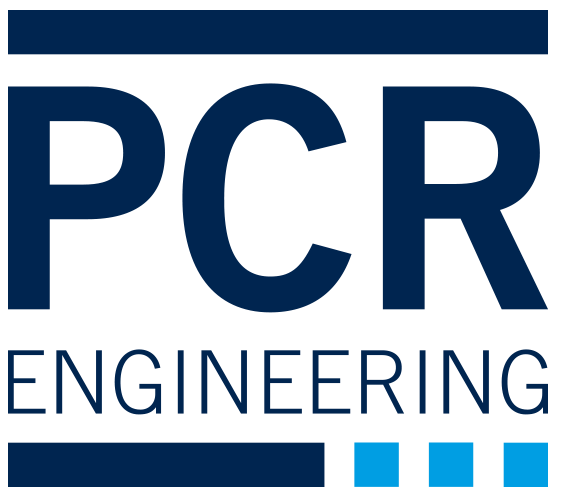Whether the ostensible motive is ecological awareness or rising energy prices, sustainability has been one of the buzzwords of recent years. Often, however, it is just an empty marketing phrase that does not contain any small (often legally required) measures, such as the use of energy-efficient motors. But what else can sustainability mean for the planning and operation of a production plant in the chemical industry?
Let’s stick with the example of efficient motors for now. It is certainly a good start to choose an efficient motor, but what good is it if it drives a pump or agitator with poor efficiency? Agitators are still often chosen according to the motto “more is better”. The choice of an optimized agitator geometry can, under certain circumstances, not only lead to low energy consumption, but also to a shorter stirring time. The energy required to produce a batch is thus reduced in two ways and production capacity is increased at the same time.
When selecting a pump, the efficiency of the overall system should also be considered in addition to the requirements placed on the pump by the material being pumped. The positioning of the units, which is optimized from a geodetic point of view, and the dimensioning of the pipe diameters play a role here, for example. After all, the systems are often operated for many years or decades and the operating costs exceed the initial investment costs many times over.
The costs for maintenance and servicing must also be taken into account and, as a rule, low-maintenance devices are preferable to others despite potentially higher investment costs.
The competitive situation for the system manufacturer or the project manager on the operator side (competition with other projects with a shorter ROI) results in budget constraints that prevent sustainable system operation and an ecologically and economically optimized procurement strategy.
Therefore, even in the context of basic engineering and the preparation of specifications, the energetic optimization of the system concept must be given significantly greater importance than before.


